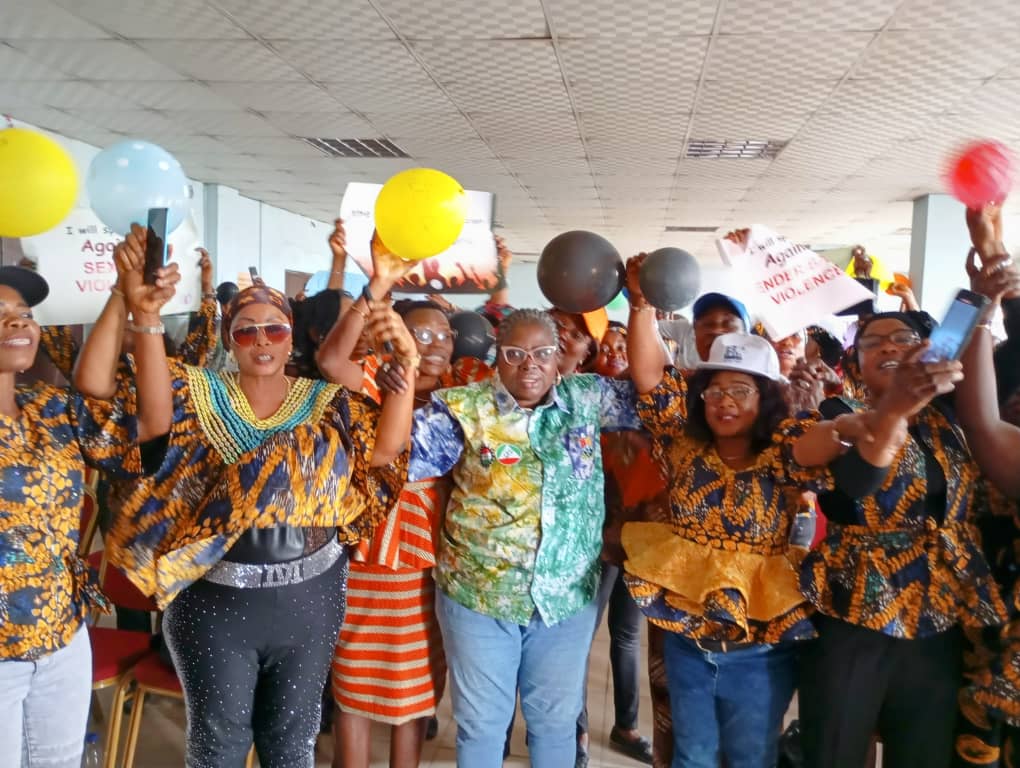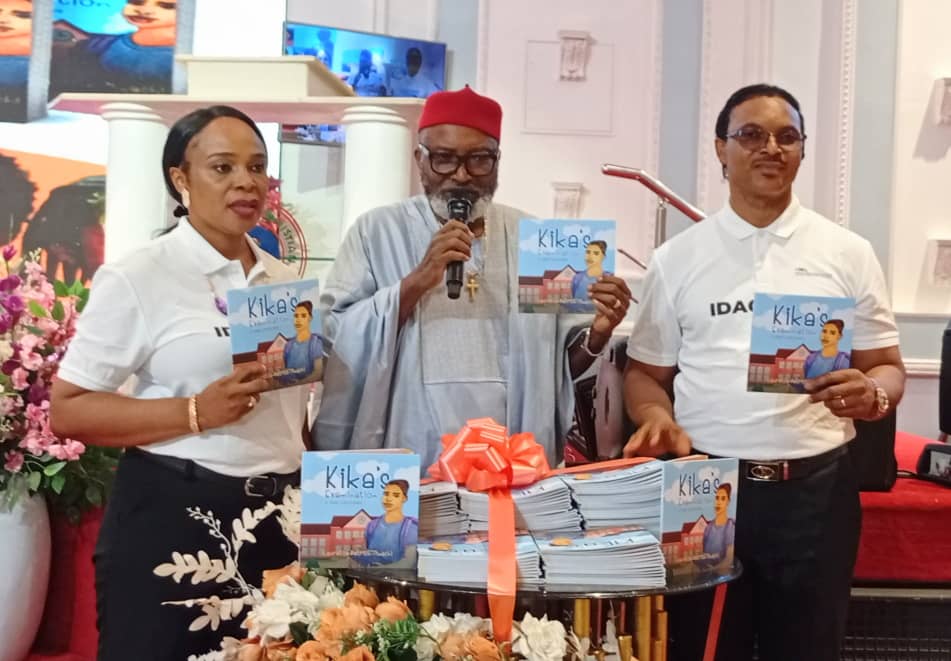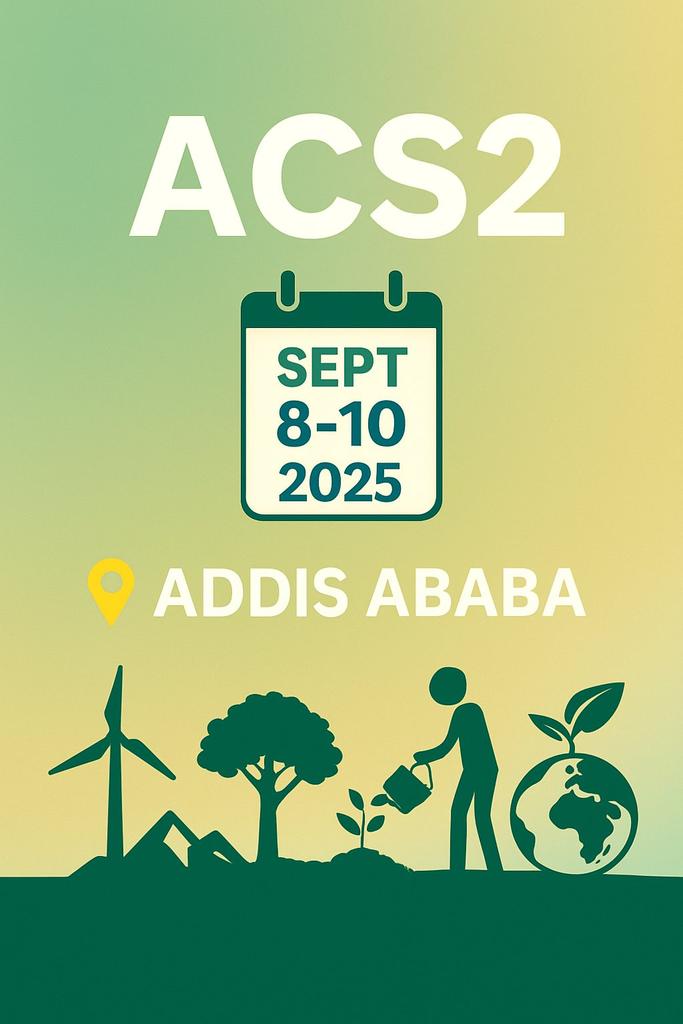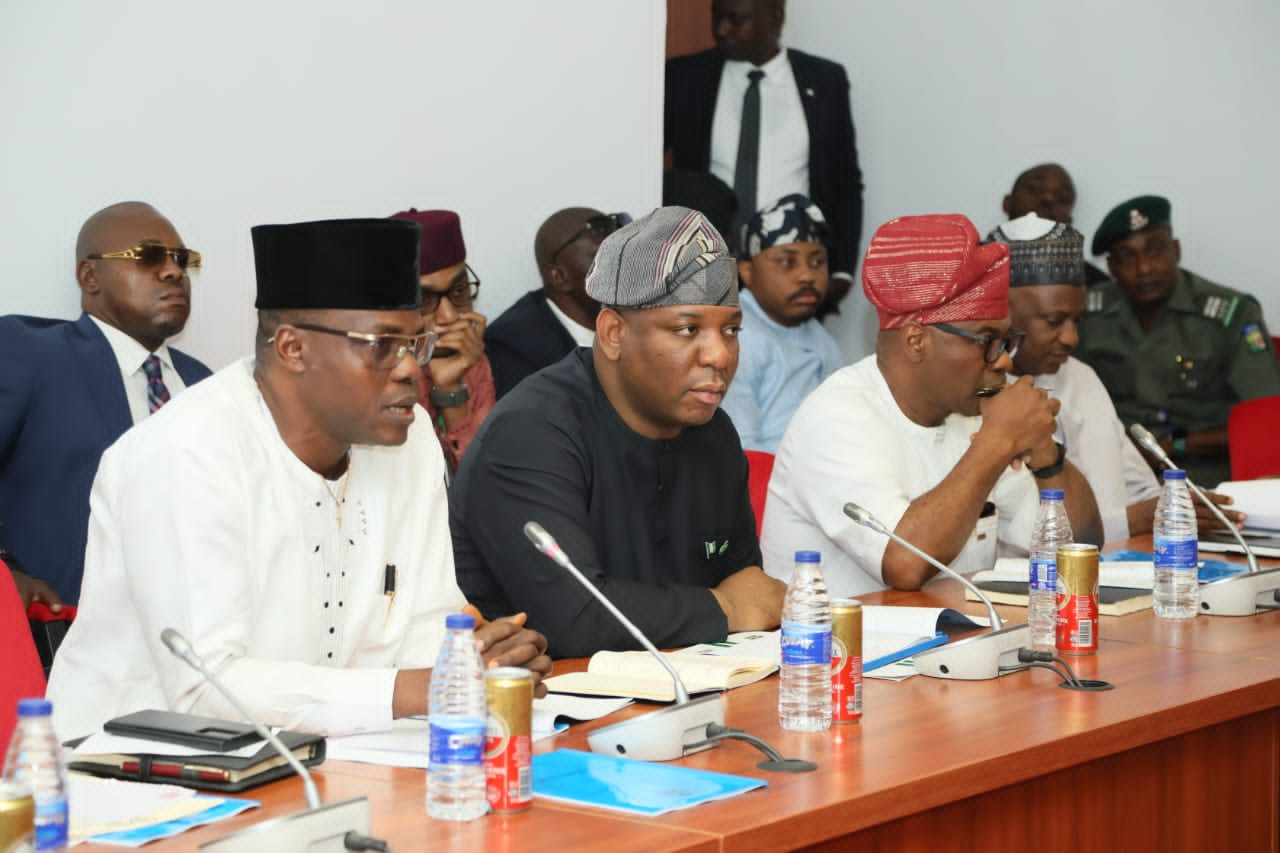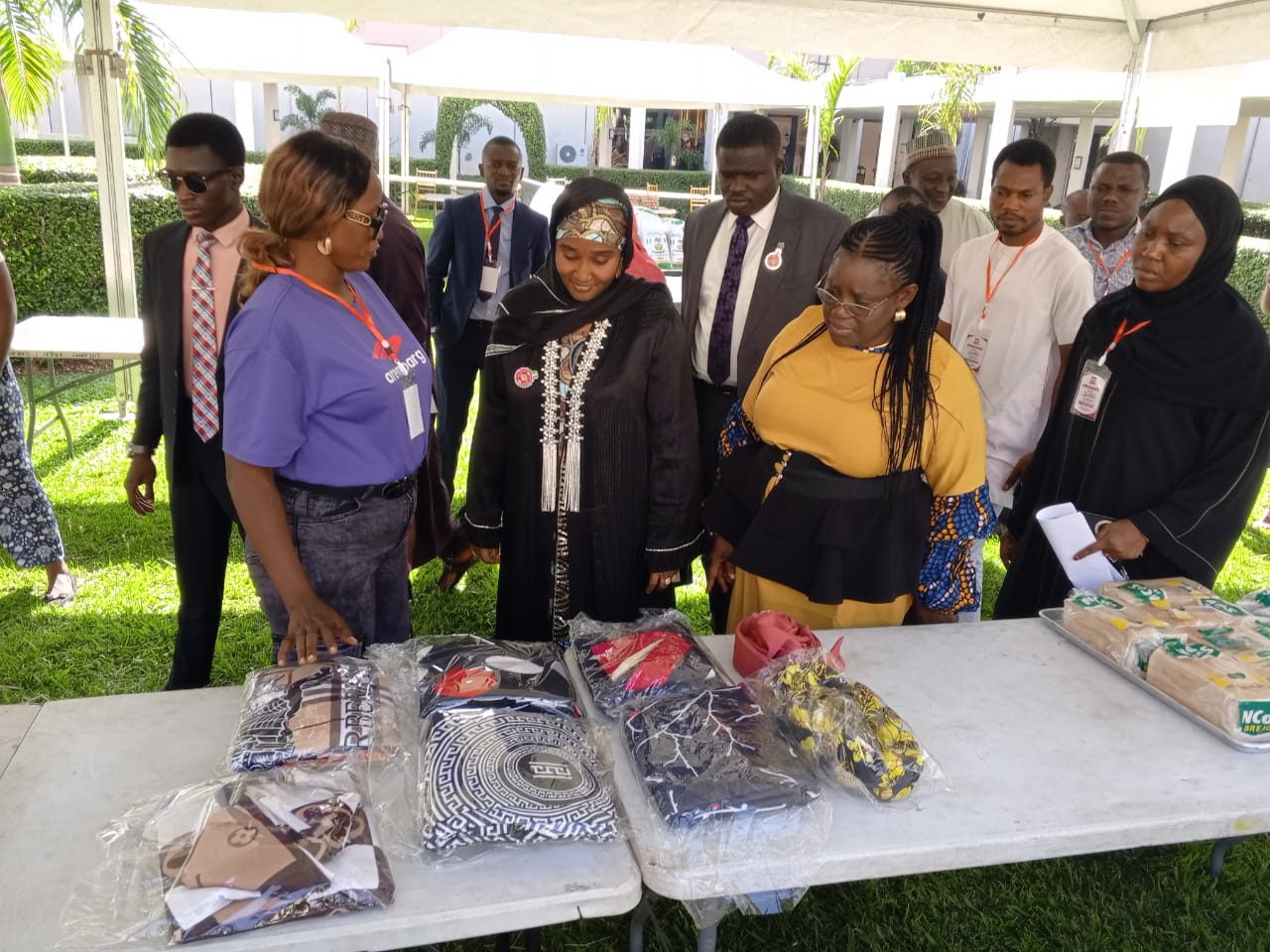
By Fatima Saka
The Federal Government and Non-Governmental Organizations (NGOs), has called for increased funding to support female inmates and their children in correctional centers across the federation.
This appeal came during celebration of the 30th anniversary of the Prison Rehabilitation and Welfare Action (PRAWA),that brought together stakeholders to discuss holistic strategies for rehabilitation and reintegration on Monday in Abuja.
Where the Minister of State for Education, Dr. Suwaiba Said Ahmad, emphasized the transformative role of education and skills acquisition in rehabilitating women in detention.
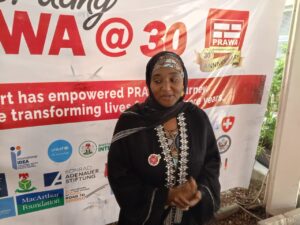
Dr. Ahmad highlighted the urgent need to provide incarcerated women with the tools necessary to rebuild their lives. “Education is not merely a tool for personal development but a lifeline that opens doors to independence and self-reliance,” she stated.
The minister of state for education stressed the importance of both formal education, which develops literacy and numeracy, and informal education, which focuses on vocational training and entrepreneurial skills.
The Minister noted that many women in correctional centres face significant economic and social challenges, which often lead to cycles of criminal behavior. “Skills acquisition is essential for economic empowerment and reintegration. By equipping women with marketable skills, we not only empower them but also strengthen their families and communities,” she explained.
Calling for a holistic approach to rehabilitation, Dr. Ahmad underscored the need to address trauma, healthcare, and family connections. She reaffirmed the government’s commitment to gender-sensitive rehabilitation programs aligned with the Renewed Hope Agenda of President Bola Ahmed Tinubu.
“Rehabilitation must encompass physical and mental health, family support systems, and social reintegration. It is an investment in humanity, not an act of charity,” she said.
The Minister urged stakeholders to support correctional education programs tailored to women’s unique needs. She commended the workshop organizers for fostering dialogue and collaboration, adding that such initiatives are crucial for empowering women in detention.
“Let us continue to advocate for policies and partnerships that enable these women to realize their potential and contribute meaningfully to society,” she added.
In Advocating for Prison Reform, Dr. Uju Agomah, CEO of the Prisoners’ Rehabilitation and Welfare Action (PRAWA), shared her journey in founding the organization.
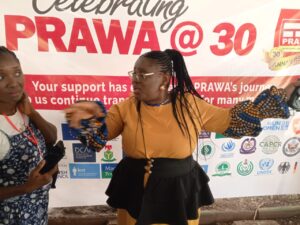
She traced its origins to her youth service in Ondo State, where her research on the socio-demographic characteristics of detainees highlighted the pressing need for societal intervention.
Her experiences, coupled with her criminology studies at Cambridge University, inspired the establishment of PRAWA, Nigeria’s first independent organization dedicated to prison reform, research, and advocacy.
“We needed an organization that could not only conduct research but also advocate for change, build capacity, and address the root issues affecting those in detention,” Dr. Agomah said.
She reiterated that the workshop served as a precursor to an international conference set to begin on Tuesday, featuring programs addressing prison conditions, human rights violations, and rehabilitation. A notable initiative includes training healthcare and legal professionals to document and address torture cases using the internationally recognized Istanbul Protocol.
“PRAWA is also partnering with Nigerian universities such as the University of Lagos and the University of Abuja to introduce paralegal training programs. These programs aim to empower students to support legal and human rights efforts within the criminal justice system, thus building the capacity of the next generation of human rights advocates.”
In empowering Women and showcasing potential, CEO PRAWA said that the ongoing initiatives include vocational workshops and agricultural training within correctional facilities, focusing on improving inmates’ productivity and preparing them for reintegration into society. “Special attention is given to addressing the specific needs of women in custody, advocating for gender-sensitive rehabilitation strategies.
“One of the highlights of the workshop is a week-long exhibition showcasing products crafted by current and former inmates, survivors of torture, and at-risk youth. These products, created in correctional facilities nationwide, demonstrate the potential of skills development in fostering rehabilitation and reintegration.”
Dr. Agomah urged attendees to participate in the upcoming international conference, which will shed light on the dire conditions in Nigerian prisons and explore solutions for meaningful reform.
“For over three decades, PRAWA has worked tirelessly to push for a justice system that is not only more humane but also more effective in reintegrating individuals into society,” she said.
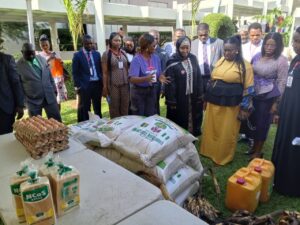
The workshop also unfold with an exhibition of the inmates.
Distinct News report that the event underscored the importance of collective action in transforming correctional facilities into spaces of rehabilitation, empowerment, and hope.

